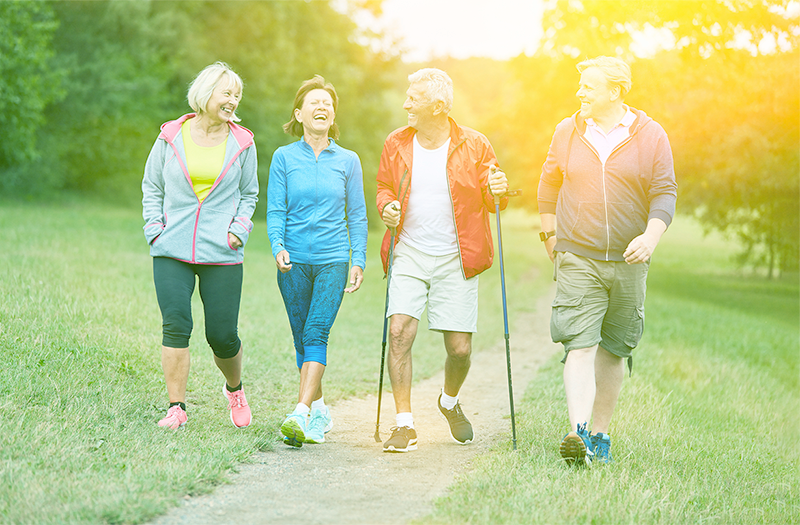As a doctor working to improve longevity and health span outcomes for my patients, the importance of exercise cannot be ignored.
Exercise is not just important for overall health and vitality, but it can also prevent disease. Evaluation of patient demographics participating in moderate exercise has concluded that regular exercise can decrease all cancer by 23%, and cardiovascular disease by 30%, with an all-cause mortality reduction of 25%. In this retrospective analysis, moderate exercise is defined as 50 minutes once weekly or 10-20 minutes 3 times/week.
Resistance training is an integral part of exercising. Increasing muscle mass has many benefits associated with longevity. Increased muscle mass increases the body's metabolic activity which not only burns more calories at rest, it also assists in controlling glucose and insulin levels, which affects our health. People with low muscle mass have a 200 times greater all-risk mortality when compared to a high muscle mass individual.
Exercise has also been shown to slow down the aging process. Researchers have identified several parameters that can be measured that are indicators of biological age. These index tests available to the public are the Horvath Clock or DNA methylation Clock. The exciting news is that we can monitor the effect that lifestyle modifications have on our biological age. I recommend any activity that you enjoy just to get started. In time, as you notice the benefits, additional activities may be added to enhance your success.
To learn more about how you can improve your longevity, book a free consultation.

